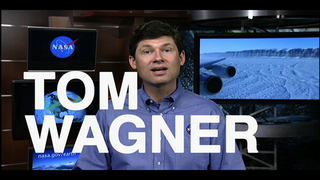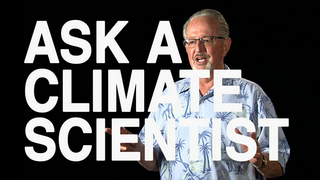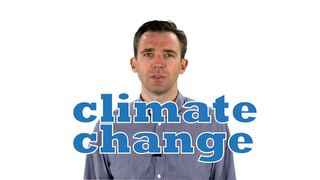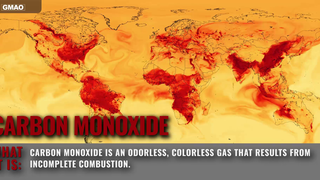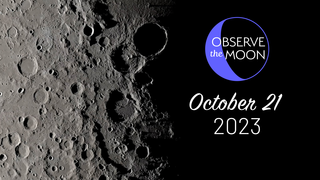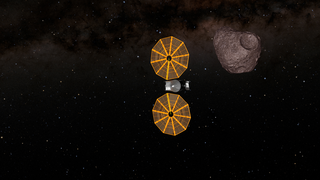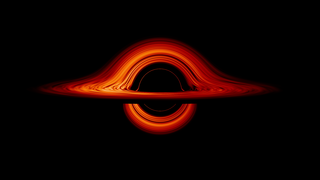Ask A Climate Scientist - Lagging CO2
Climate scientist Peter Hildebrand, Director of the Earth Science Division at NASA's Goddard Space Flight Center, says yes, there's merit to those studies. In the pre-industrial age, the CO2 response to temperature was that the temperature would go up and CO2 would go up. Or if the temperature went down, CO2 would go down. And the reason for that is when the temperature went up, the whole biosphere revved up and emitted CO2, and we had more CO2 in the atmosphere. So we understand that process.
In the post-industrial age, the opposite is true. Increasing CO2 in the atmosphere is leading to increased temperature. So two different things happened, one pre-industrial, where temperature was driving the CO2, and post-industrial, where CO2 was driving temperature. Which means a completely different physical-biological process is going on. And we don't understand what the consequence of that change is.
It is a fundamental change to how the earth works and the earth's radiation balance works. And so, we're very concerned because we don't see any restraining force on continued increase in temperature due to continued increase in CO2. And that's a problem.
Related
For More Information
Credits
Matthew R. Radcliff (USRA): Producer
John Caldwell (Advocates in Manpower Management, Inc.): Videographer
Patrick Lynch (Wyle Information Systems): Writer
NASA's Goddard Space Flight Center
https://svs.gsfc.nasa.gov/11362
This item is part of these series:
Narrated Movies
Ask A Climate Scientist
Goddard TV Tape:
G2013-077 -- Ask A Climate Scientist
Keywords:
SVS >> HDTV
SVS >> Climate Change
NASA Science >> Earth

